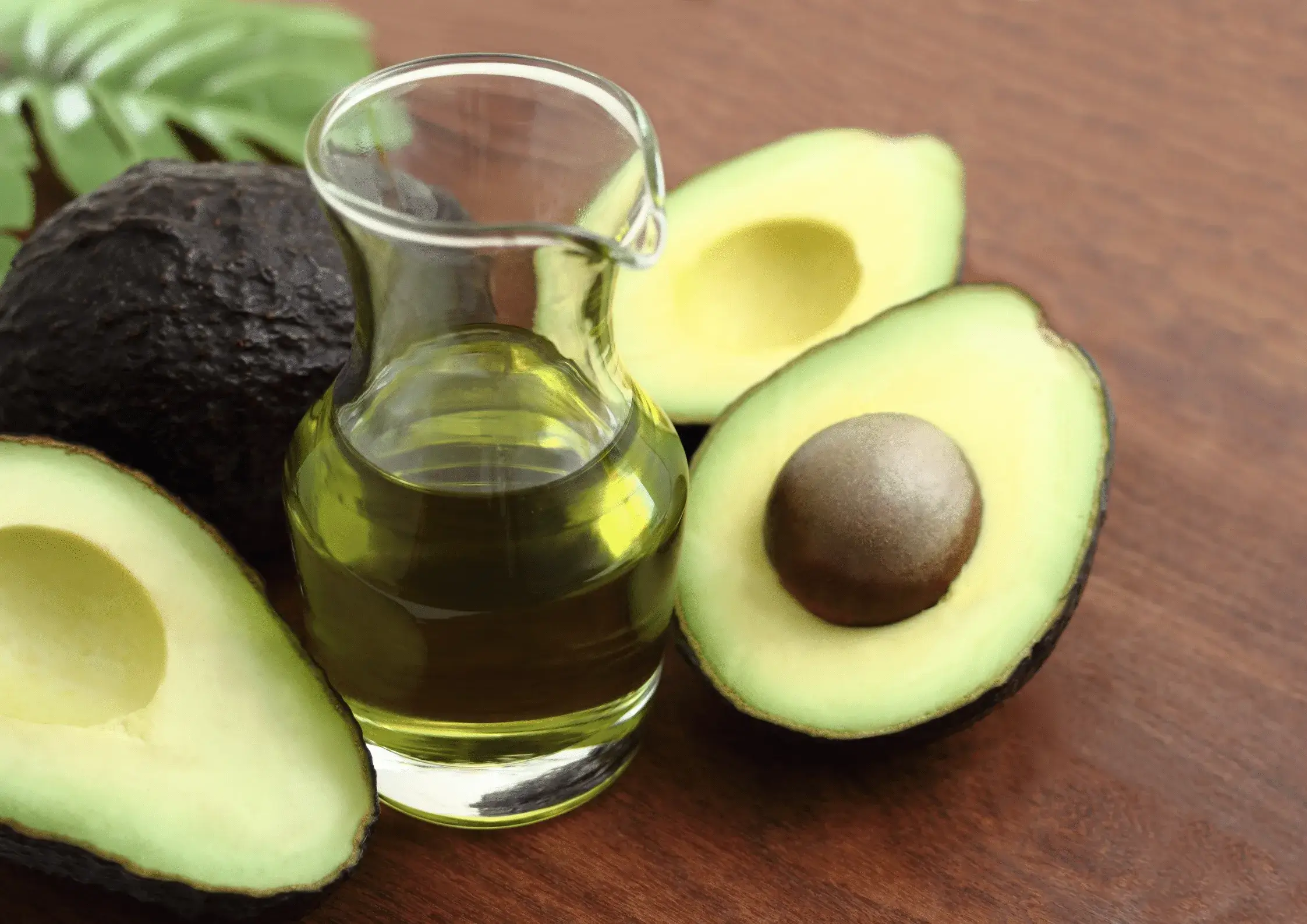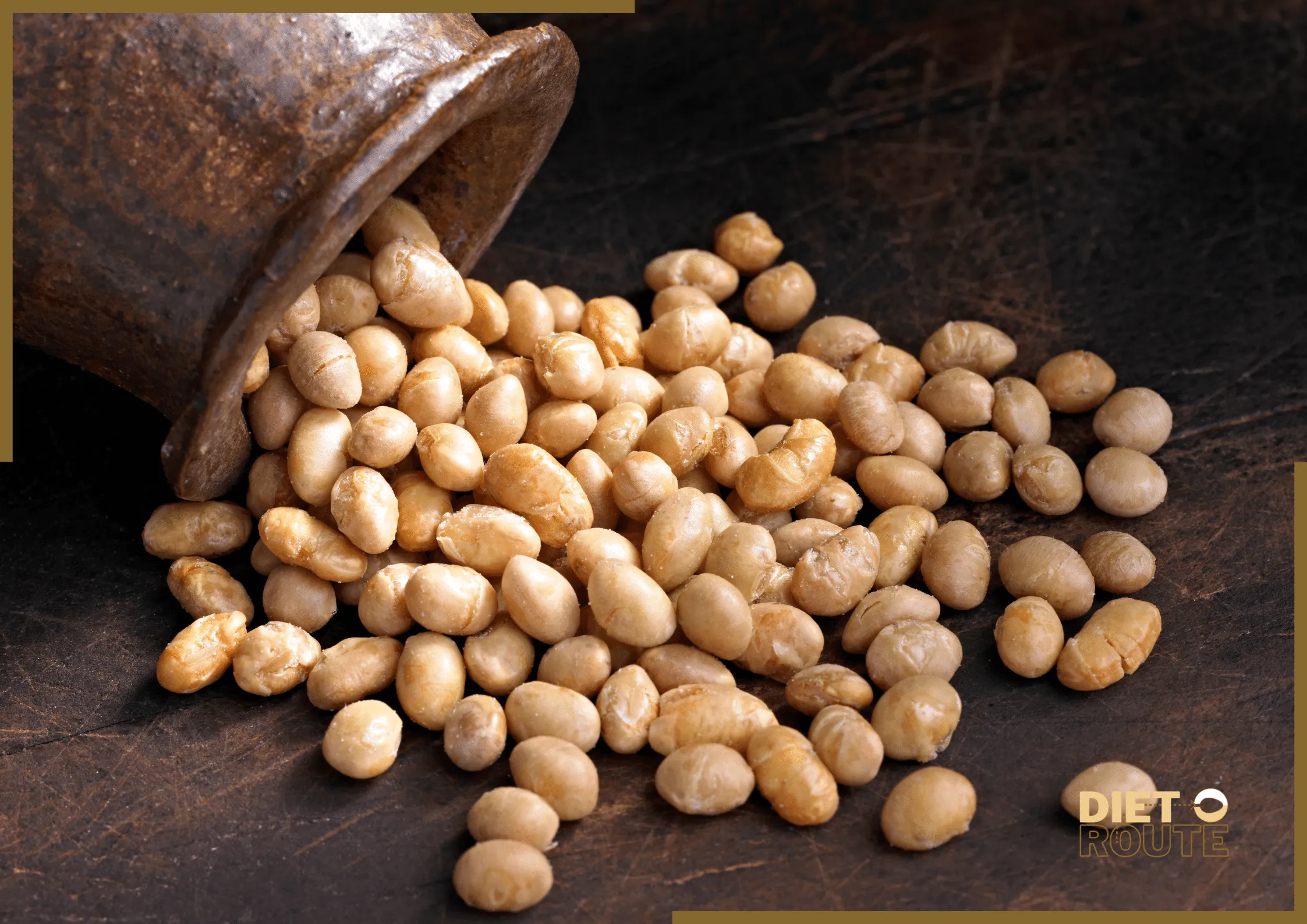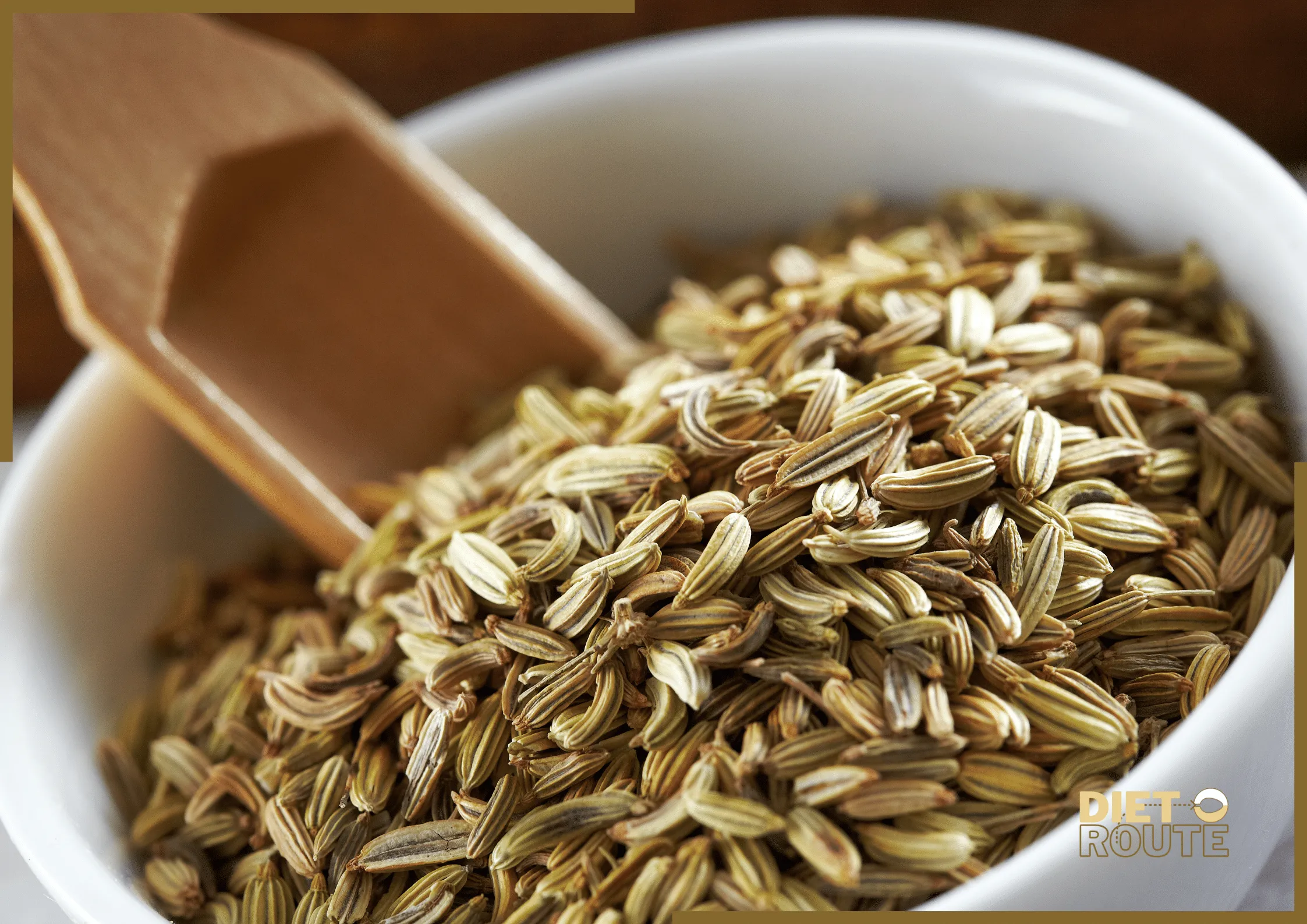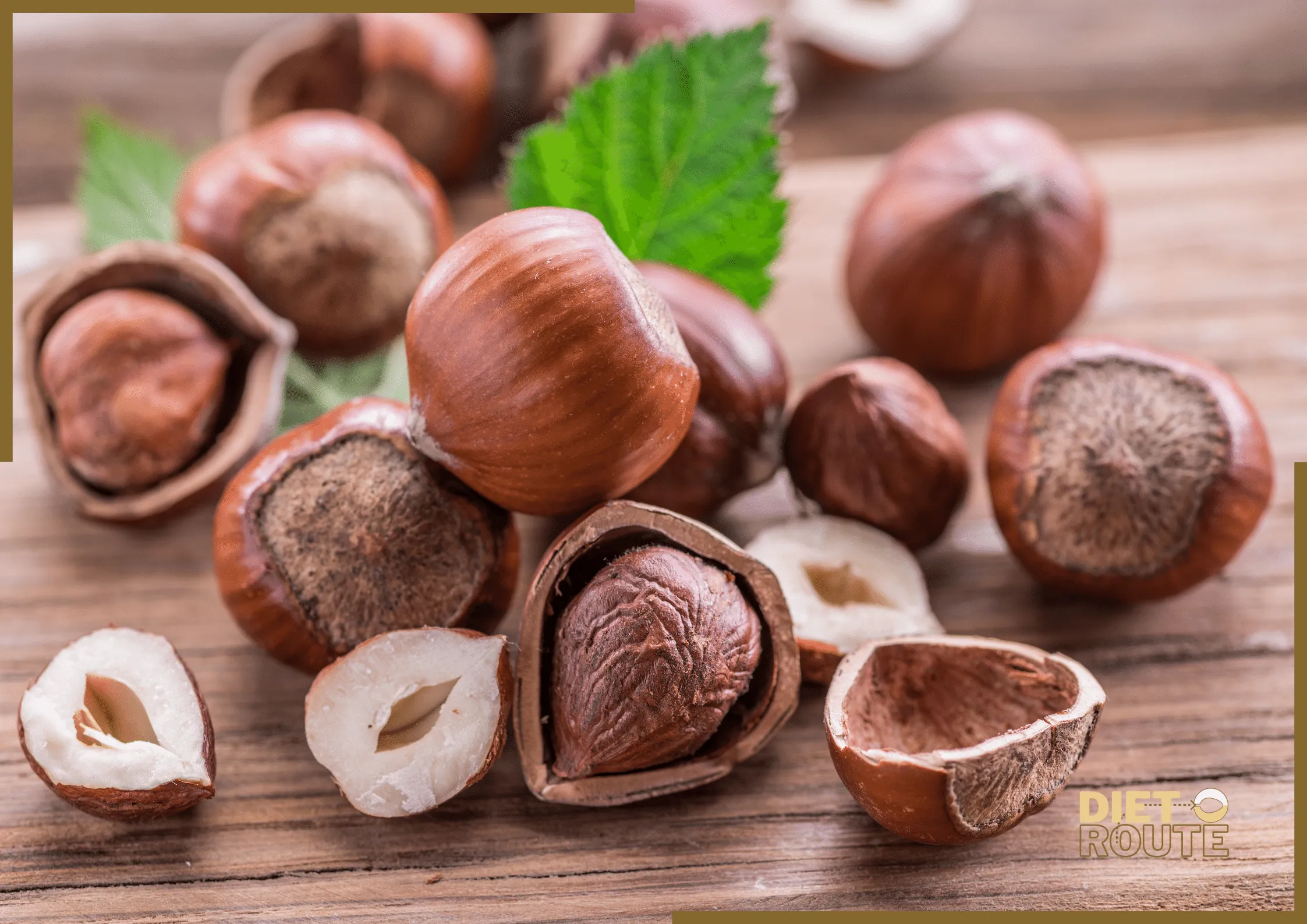Table of Contents
Introduction
Edible avocado oil is a popular cooking oil that is extracted from the fruit of the avocado tree. It is prized for its mild flavor, versatility, and potential health benefits. In this article, we will provide a comprehensive overview of the nutritional value, including a table showcasing its approximate composition per 100 grams. We will also explore the pros and cons, address frequently asked questions, and help you make informed decisions about incorporating it into your diet.
Nutritional Value Approximately 100g
| Nutrient | Amount Per Serving (1 tablespoon) | % Daily Value |
|---|---|---|
| Calories | 124 | 6% |
| Total Fat | 14g | 18% |
| – Saturated Fat | 2g | 10% |
| – Trans Fat | 0g | |
| Monounsaturated Fat | 10g | |
| Polyunsaturated Fat | 2g | |
| Cholesterol | 0mg | 0% |
| Sodium | 0mg | 0% |
| Total Carbohydrates | 0g | 0% |
| – Dietary Fiber | 0g | 0% |
| – Sugars | 0g | |
| Protein | 0g | 0% |
| Vitamin E | 1.9mg | 13% |
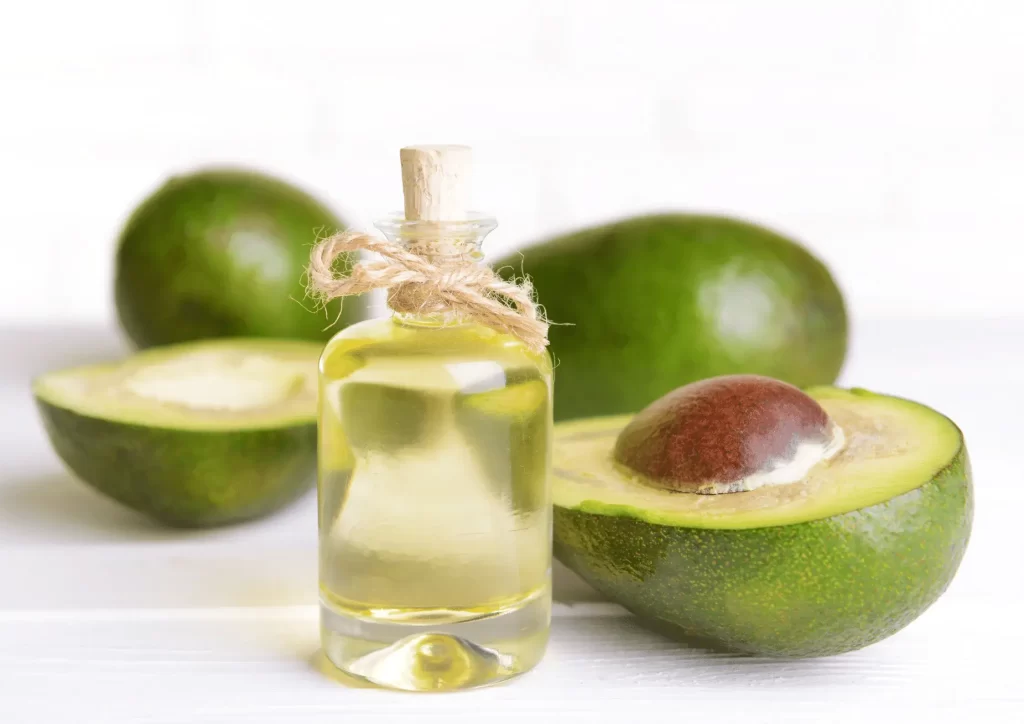
Pros
- Healthy Fats: Edible avocado oil is rich in monounsaturated fats, which are heart-healthy and may help lower bad cholesterol levels.
- High Smoke Point: It has a high smoke point, making it suitable for various cooking methods, including sautéing, stir-frying, and grilling.
- Nutrient-Rich: It contains vitamin E, an antioxidant that supports skin health, and other beneficial nutrients like potassium and lutein.
- Flavorful Enhancer: The mild, buttery flavor can enhance the taste of dishes without overpowering other ingredients.
Cons
- High-Calorie Density: Like all fats and oils, avocado oil is calorie-dense, so it should be used in moderation to avoid excessive calorie intake.
- Price: It can be more expensive compared to other cooking oils due to the cost of avocado production.
Frequently Asked Questions (FAQ)
1) Is avocado oil suitable for high-heat cooking?
Yes, it has a high smoke point, making it suitable for high-temperature cooking methods.
2) Does avocado oil retain its nutritional properties when heated?
It is relatively stable at high temperatures, allowing it to retain its nutritional properties during cooking.
3) Can avocado oil be used for salad dressings?
Yes, it’s mild flavor makes it a great choice for salad dressings and homemade mayonnaise.
4) Is avocado oil suitable for individuals with nut allergies?
Avocado is a fruit and not classified as a tree nut. However, if you have a specific allergy or sensitivity, consult with a healthcare professional before consuming the oil.
5) Does avocado oil provide any skin benefits?
This oil is commonly used in skincare products due to its moisturizing properties and potential benefits for dry or damaged skin.
6) Can avocado oil help with weight management?
It’s healthy fats can contribute to satiety, potentially aiding in weight management when consumed as part of a balanced diet.
7) Does avocado oil have a distinct flavor?
It has a mild, buttery flavor that is not overpowering, allowing it to complement a wide range of dishes.
8) Is avocado oil suitable for vegetarian and vegan diets?
Yes, it is plant-based and suitable for vegetarian and vegan diets.
9) How should avocado oil be stored?
It is best to store this oil in a cool, dark place away from direct sunlight to preserve its quality.
10) Are there any known adverse effects of consuming avocado oil?
It is generally well-tolerated. However, individuals with specific medical conditions should consult with their healthcare provider before making significant dietary changes.
Conclusion
Edible avocado oil is a nutritious and versatile cooking oil that offers numerous health benefits. With its rich content of monounsaturated fats, vitamin E, and other beneficial nutrients, this oil can be a valuable addition to a balanced diet. However, it should be consumed in moderation due to its calorie density. Whether used for high-heat cooking, salad dressings, or skincare, avocado oil provides a flavorful and nutrient-rich option for culinary and wellness purposes. Consult with a healthcare professional or registered dietitian for personalized advice on incorporating edible avocado oil into your diet.
